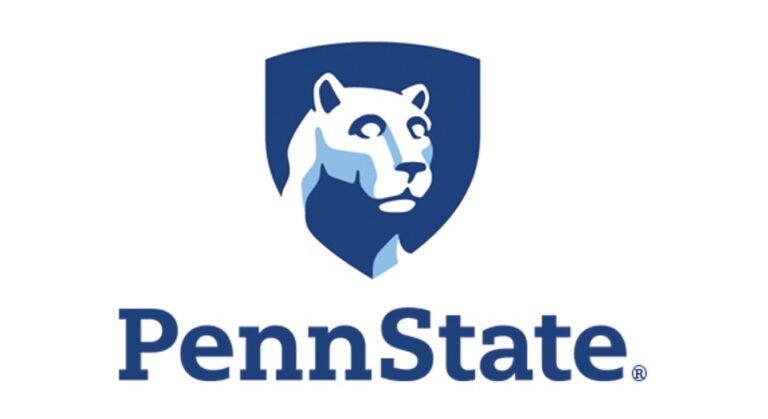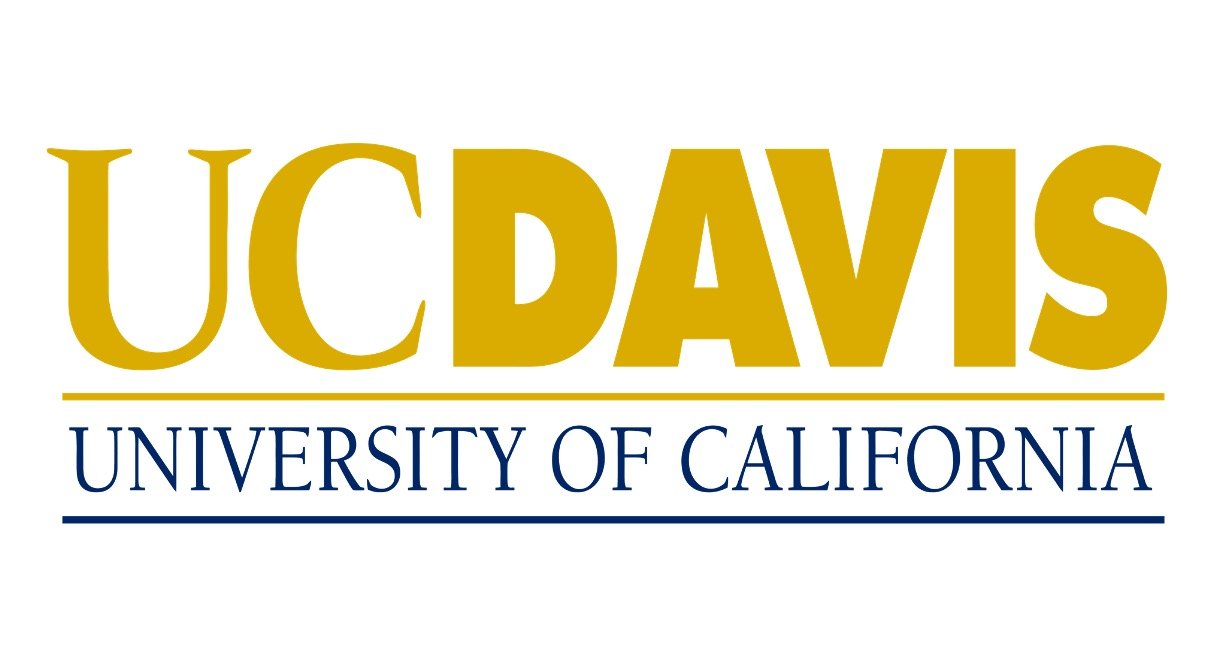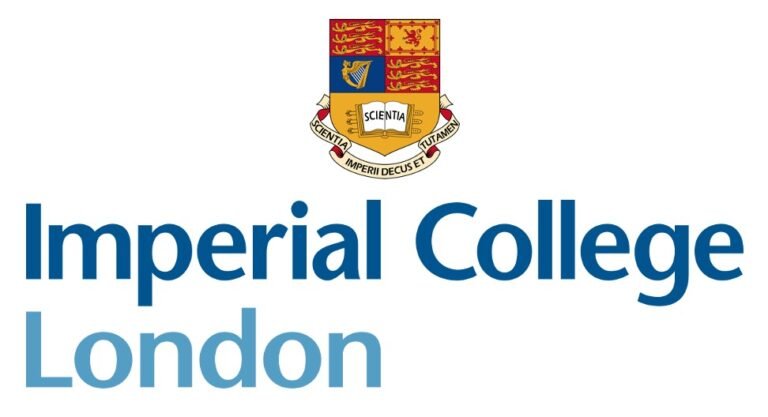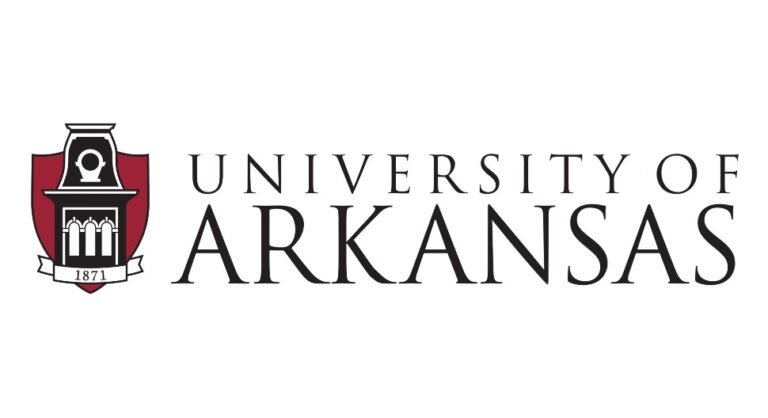The Health, Ingestive Behavior, and Technology (HIT) laboratory led by Dr. Travis Masterson in the College of Health and Human Development, Department of Nutritional Sciences at Penn State is seeking a highly motivated Postdoctoral Researcher with an interest in leveraging technology to better understand ingestive behavior and its impact on health.
The laboratory employs a variety of technologies such as immersive virtual reality (iVR), ecological momentary assessment (EMA), and functional magnetic resonance imaging (fMRI) to understand individual and environmental factors that influence eating behaviors.
This position will be specifically responsible for overseeing a series of projects that intends to utilize viral marketing techniques to improve knowledge and confidence in reducing the use of sugar, salt, and fat in cooking. However, the successful applicant will also have the opportunity to be involved with other projects and technologies that they are interested in pursuing.
The successful candidate will participate in managing ongoing studies, assisting with regulatory compliance, analyzing existing data sets, writing internal and external grants, and disseminating findings of projects through publications and presentations, among other things. The Postdoctoral Researcher must be able to work independently and as an interdisciplinary team member where they will have the opportunity to interact with faculty, staff, graduate students, and undergraduate students.
Applicants must have a Ph.D. or equivalent doctorate in an appropriate field including, but not limited to, Nutritional Sciences, Public Health, Data Science, or Psychology. They should also possess strong analytical skills including experience with longitudinal and multilevel modeling. Experience with R preferred. Additional qualifications include strong oral and written communication skills, excellent organizational and problem-solving skills, and a detail-oriented work style.
Please upload a cover letter (highlighting interest, qualifications, and scholarly goals), a copy of your most recent CV, and information for three references to be contacted if you are moved forward. Review of applications will begin immediately and will continue until the position is filled.
The start date for this position is negotiable. This appointment is for one year with an excellent possibility of extension for an additional year. Applicants are highly encouraged to contact Dr. Masterson with any questions and to discuss details of the position prior to submitting their application (tpm5262@psu.edu).







